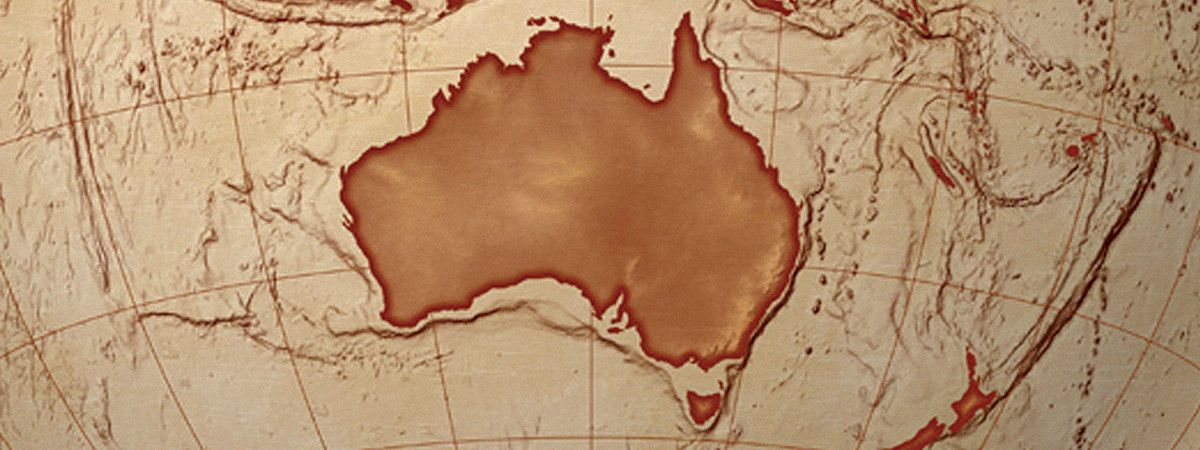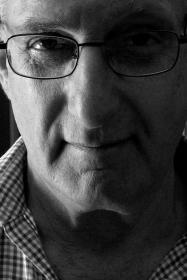A fine clear day in early May. Outside, in the streets of Washington, sedate, uninsistent, half genuine neo-classical – the proper democratic style – half fake, there is no sense that we are at the centre of the world’s single great imperium; one, too, that is in the aftermath of a swift and seemingly successful war.
For all its “magnificent distances” and imposing monuments, Washington is unshowy, seems unpeopled, has none of the residual triumphalism of London, the clatter of the Horseguards each morning down Birdcage Walk, sword-hilts and breastplates flashing, the ceremonial changing of the Guards at the Palace to stirring march-tunes and an invocation of Lysander and Hercules.Washington, named for a revolutionary democrat, lacks altogether the colour and circumstance of empire. Freedom Plaza, off the Mall, near the White House, is an austere space, all quotations carved in capitals, a reminder of how essential rhetoric is to the style of this country – and a particular rhetoric at that; one that insists, in a way that seems more European than English, on magnificent abstractions.
The White House itself, almost within spitting distance across its impeccable lawn, is, compared with the Elysée Palace or the sort of extravaganzas preferred by the Saddam Husseins of this world, a very modest residence for the most powerful ruler of the day. And this is English. One thinks of Queen Victoria at the height of the British Empire referring to Buckingham House as “my little palace in Pimlico”.
One also recalls, at this moment when the special relationship is at its closest, that in 1814 this same residence was burned to the ground by a British army of occupation.
These observations of the play, in this new world, between British beginnings and their Transatlantic modifications, seem especially pertinent in an Australian context and at a time when the tripartite relationship between our three countries – General de Gaulle’s old fear of an Anglo-phone alliance – has assumed its most open and aggressive form under a new rubric, “the coalition of the willing”.
With two fellow Australians, one a writer like myself, the other an art historian, I am four storeys below ground in the vaults of the Folger Library, one of the iconic monuments of our culture – I mean the culture that belongs to the language we speak and have our life in, English.
A hundred metres away, soaring into the blue empyrean, is that symbol of worldly power and influence, the gleaming white dome of the Capitol, its name suggesting republican or imperial Rome but its form a later reference, to Michelangelo’s St Peter’s.
And here – in perfect balance with it, in the artificial air of a belowground shelter – the world’s most complete collection of Shakespeariana: priceless quarto and folio editions from the days when the man himself was above ground and working, later editions of every period and in every language, Pope and Dr Johnson and Malone’s editions, prompt-copies once used by Garrick and Edmund Kean and the Kembles and Booths, and by Sir Henry Irving and Ellen Terry, the seventeen-year-old Mendelssohn’s piano-score of his overture to A Midsummer Night’s Dream.
The librarian who shows us through, and takes down from the shelves and handles some of the priceless books, and allows us to handle them, speaks of how, if there were some sort of biological or nuclear disaster, she would take refuge down here and survive, along with the collection. For her this is the real centre of the city and what it stands for: the power of what is memorialised but is also embodied here, the spirit of the language we share; all that is contained in these sacred texts and in what, over the past three centuries, they have gathered about them in the way of speculation and interpretation and commentary; all that they have shaped, in that great span of time, of what happened in the world through their extraordinary hold on the mind and the magnetic force of their influence. This is what will survive down here should the surrounding empire, like so many before it, crumble and blow away.
It is odd, uncanny, to be standing here, eighteen hours’ flying time from where history has washed us up, in the light of this woman’s conviction and the real presence of these texts, which belong equally to all four of us because we belong to the language that produced them, and which they have very largely created. Finally it is language we come home to, and nowhere seems more like home than here.
Outside, because Britain, the United States and Australia all share it – not just the language itself but a particular habit of mind and all that goes with it – an affinity that has been hovering in the ether for more than a century, and has twice already become a power-field, has now broken surface in an actual alliance. Not so much a coalition of the “willing” as, more exclusively, of those who have an insider’s understanding of one another because they inhabit the same language. Who, in their exchanges with one another, can take it for granted that a good deal of what is being left unsaid, or exists in shades and nuances under what is said, as half-heard echoes out of plays, poems, novels, or out of the obiter dicta of occasions great and small in a shared history – “once more unto the breach”, “Thy need is greater than mine”, “England expects”, “Praise the Lord and pass the ammunition”, “the uses of adversity” – phrases that contain whole worlds of experience and philosophy – or characters such as Mr Micawber, Mr Pecksniff, the Artful Dodger, Falstaff, who contain within them insights into a particular world and its ways – will not go unrecognised, and may even be left to bear the burden of much that is subtly intended.
The close relationship with the United States that this embodies has for Australians been there from the start. Our relationship with Britain has always been one in which the third term, either open or unstated, is “America”. Any approach on our part to the one has always involved a shift in our dealings with the other and our relationship with each has been modified, over the years, by their relations with one another.
Of course we, like New Zealand and Canada, have always been minor rather than major players, as we are in the present alliance; but to be, on the basis of “family”, the member of a powerful club, even a junior member, offers incentives to ambition, and the opportunity to push them through, that you would not have, at the same weight and size, if you were not. The family link is English, our shared language, and all that goes with it. Though it is worth pointing out that a shared language is not necessarily the same language.
All this, hovering in the air in those humming vaults on that peaceful afternoon in the midst of what was still an unfinished war, was the beginning of what I am writing here.
CONTINUE READING
This is an extract from David Malouf's Quarterly Essay, Made In England: Australia's British inheritance. To read the full essay, subscribe or buy the book.
ALSO FROM QUARTERLY ESSAY












